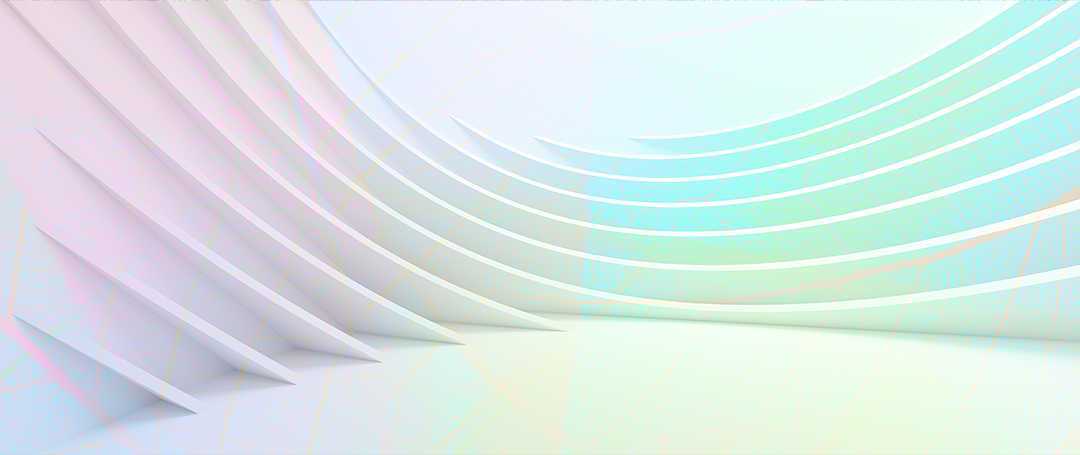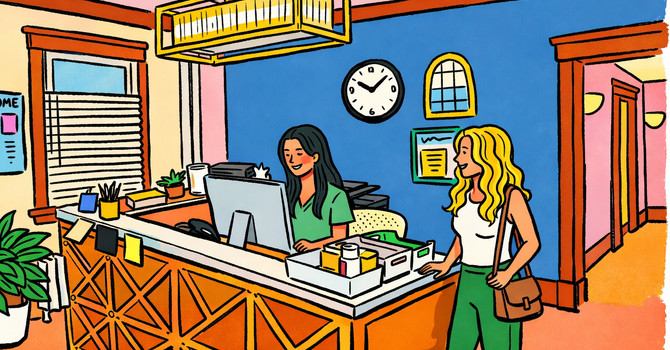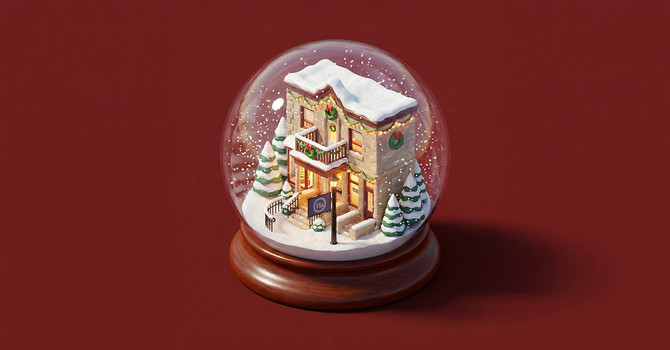
Homeopathy is the system of medicine based on the principle that like cures like. “Homeo,” is the latin prefix for “similar,” and “pathy,” the latin suffix for pathology, or disease. Meaning homeopathy is a form of medical therapy where the treatment involves a medicine that is similar to the disease that we are aiming to repair. This may seem quite counterintuitive at first glance, but let me tell you, homeopathy saved my life.
As a child I suffered as so many children do with the trifecta of asthma, eczema, and allergies. These three conditions were each expressed in their most severe form and I grew up on a steady medical diet of steroids and antihistamines. Any time I travelled, I would need to know how far to the nearest hospital. Despite the chronic use of such strong drugs, my conditions worsened over time and depending on circumstances, it was not unusual for things to aggravate to the point of being life-threatening. As an adult, I was told by my doctor that although some people are lucky enough to outgrow these conditions, I would likely not be one of those, as my state of dysfunction was so severe and seemingly worsening over time. I resigned myself to the reality that I would, in all likelihood, remain in need of these drugs for the rest of my life; drugs that were causing systemic toxicity and which boasted a wide range of side effects, especially when taken over long periods of time.
Out of a feeling of having nothing to lose, I thought I would give alternative therapies a try. I saw a doctor of Chinese medicine and took herbs and received acupuncture. I changed my diet. I tried natural creams and essential oils and meditation. All of these modalities had some positive effect on my health and I felt as though I was moving in the right direction, but the life-changing shift came when I went to see a homeopathic doctor.
The first homeopathic medicine I ever took was a mineral compound made up of silica-yttrium. I had no idea what, specifically, it was prescribed for or what to expect when I took it. The homeopath explained that it was chosen because it matched the unique expression of my system. Huh? He patiently explained that a remedy is chosen by taking into consideration the symptom picture of a person: not just the asthma, eczema, and allergies, but everything about the person: their posture, their demeanour, the way they handle stress, the way they sleep, the foods they prefer, all their physiological tendencies. This constellation of symptoms is then matched to a homeopathic medicine, whose micro-dose is able to cure what a macro-dose of the same substance would cause. This bears repeating: a homeopathic medicine is a substance whose micro-dose CURES what its macro-dose CAUSES. This is what’s known as the Law of Similars.
I didn’t spend much time contemplating the medical philosophy of the Law of Similars, or it’s perpendicular departure from my previously-held understanding of medicine, I just took the remedy, and noticed changes…. big changes. My eczema started to heal, without creams, without steroids. The rashes I had lived with my entire life started to heal… it took a few months, but my skin healed completely and has stayed that way for over 20 years. Soon after my skin started clearing my asthma started to get better, I stopped using my steroid inhaler 4x/ day and felt like I could actually breathe on my own. I stopped having hay fever symptoms. I had fewer allergic reactions. I could start eating foods I used to be severely allergic to. When accidentally exposed to foods that still provoked an allergic reaction, the response was so much more mild…. I could hardly believe it! For perhaps the first time in my life, in regards to my most major chronic diseases, my body was repairing itself.
It was after I started to heal that I started to really dig deep into the philosophy of homeopathy. What in the heck was this stuff that prompted such rapid, gentle cure for me and why on earth had I not known about this before?! I discovered that homeopathy is part of the conventional medical system in many European countries: Switzerland, Germany, France, England, India, and in Brazil. Apparently the Queen of England’s royal physician is a homeopath! (Why didn’t I know this?) Nonetheless, I was feeling great and I was eager to understand the Law of Similars.
We can look at vaccines for the most simple and conventional model for something that can fit into the category of the Law of Similars. A vaccine contains a micro-dose of an aspect of a virulent agent that is similar enough to the real thing to provoke our immune systems to make antibodies that afford future immunity, (under the best possible circumstances), but not so similar that you come down with the disease we are trying to prevent, (again, under the best possible circumstances). Are vaccines homeopathy? Well not exactly, but the concept is indeed homeopathic in that the immune system is provoked into healing through exposure of the similar.
Homeopathic medicines differ from vaccines in that they have zero elements of crude virulent agents and zero toxic elements. (Vaccines have both). Vaccines force a response to a specific pathogen. Homeopathic medicines engage with the body holistically and therefore have a unique response from each individual, depending on their body’s needs. So there are important differences between the two therapies, but they are the same in that they both provoke healing by giving the body something similar to the problem we are trying to solve. This has become such a crucial concept in my understanding of health and disease and, more importantly, in my understanding of medicine that cures versus medicine that controls.
Allopathy is a medical term that means “opposing disease.” “Allo” is the latin for opposing and “pathy” the latin for disease. Allopathy pretty much describes the modus operandi of our entire conventional medical system. We oppose disease, big-time. We hate disease. We really, really hate it. We call it names. We say “f*@k cancer!” We understand disease as other. Moreover, we understand disease as sinister; the sinister other. It is to be feared. It is to be avoided at all costs. This is the foundation of our medical philosophy. This was a philosophy that I understood growing up, (as we all do), and I adhered to this philosophy. I understood how dangerous disease was; I had a bunch of them, and I hated them. I was scared all the time. I knew that my life depended on my closeness with the allopathic medical system, a system that had saved my life time and time again. But when I learned about homeopathy, some part of my understanding of this system cracked wide open.
Through conventional drug use, I had been opposing my disease state my whole life and all it did was exacerbate my underlying condition. My doses got higher and higher over time and side effects worsened. I felt less and less in touch with any ability to self-repair. When the only thing that finally turned the tables in my body was a similar medicine, this turned my whole idea of conventional drug therapy upside-down.
Conventional drugs from chronic disease don’t cure, they control. Think about our society: we have epidemic levels of chronic disease: anxiety, heart disease, cancer, auto-immune diseases, the list goes on and on. We have no cure for any of the major illnesses of our times, only control through oppositional drugs. If the Law of Similars provokes cure, it stands to reason that medicine which focuses exclusively on opposing disease is woefully inadequate when it comes to healing.
As I continued to study and use homeopathy, I was amazed at the results and I continued to focus on the important distinction of the philosophy of the Law of Similars compared to that of allopathy. Allopathy, the treatment by opposite, employs medical force, violence, and control to manage symptoms. Allopathic medicine is war on disease. There is always collateral damage. There is always a backlash in the withdrawal effect if the drug is decreased or discontinued. And when there is war, there is inevitably a weakening of the overall system no matter who “wins.”
Moreover, when we view disease as the “sinister other,” we separate the disease state from ourselves and this, I learned in my study of homeopathy, is a very dangerous and unhelpful concept. Whether disease is intrinsic as in an auto-immune disorder, or allergies, or cancer, or heart disease, or extrinsic in origin as is the case with bacteria or viruses, when a disease state manifests in our body, it is us. There is no separation between the virus and you if you are sick with a viral infection. Healing from a state of disease requires first and foremost an understanding that the disease state cannot exist within us without our own susceptibility and participation. Undoing that susceptibility and participation requires a great deal of care, love, and teaching.
Homeopathy is a teaching medicine. Rather than bombing the problem, it reframes the issue at hand in a way that is gentle and easy for your body to solve. It provokes a new way for the body to understand how to act. This is why once your body starts to improve with homeopathy, you don’t need to continue taking the medicine. It is the only form of medicine in the world that you stop taking as soon as it starts working.
I am not saying that there is no longer a need for allopathic medicine, of course there is. We need medicines that oppose disease and that force a physiological outcome. We need these to save lives, to buy time, to extend life. However, let us understand that these do not provide a cure. The only way to cure is to provoke innate self-repair. How beautiful that the only way to cure the human body, despite all our technological advancement, is through our own innate, natural ability to self-repair, reclaiming our own body’s natural intelligence, coordination, and unknowable complexity. There is something so beautiful in the simplistic truth that any healing comes only from within the dynamic, complex, unique, vitalistic beings that we are. The intelligence of life itself can heal, and nothing else.
Provoking self-repair, cell-coordination, and restoring physiological intelligence is the work of the medicine of the future. Understanding disease first and foremost as a type of susceptibility/ dysfunction in the system that requires support is key to moving from the unhelpful concept of disease as the sinister other. Disease is a dialogue with the intelligence of our body. When our body develops symptoms, it is telling us that something needs to shift. Something needs support, something needs to change. When we use allopathic drugs alone, we cut off the essential communication of the body and stop listening to its needs.
The philosophy of homeopathy taught me the most important lesson of my life: that we are better because we are connected to the elements of the natural world, even the elements that can provoke a challenge. It taught me that not only can our bodies survive challenges from external stimuli, but with the right support, they are meant to thrive because of them. It taught me that our bodies can become more intelligent, that our cells can become more intelligent, our organ systems more intelligent, they can be taught, can become wise, strong, and resilient through homeopathic medicine.
In recent days, I have watched the world double-down on the notion of fear and control in our increasingly medicalized society. We have really leaned in to the concept of disease being the sinister other. I can’t imagine a more perfect enemy to fear than COVID-19. But what gives me hope in these times, is that people are starting to understand that we can’t separate ourselves into health. It has become obvious that fear and isolation worsen our underlying conditions.
We are finally starting to talk about the terrain model of health which asserts that it is our inner and outer environment that dictate the susceptibility and participation of our bodies in disease. As Charles Eisenstein recently explained, “Germ theory says that if the fish is sick isolate the fish. Terrain theory says that if the fish is sick, clean the water.” The response to this health crisis has been a lot of “isolating the fish,” so to speak. But we are finally moving towards the “cleaning the water,” aspect of health-making. We are starting to consider the importance of bolstering our innate immune function. We are talking about the health value of nutrition, stress management, healthy sleep habits, healthy water intake: habits that provoke healing. We are starting to understand the profound healing force of human touch, of friendship, family, purpose, connection to community, and a relationship with nature. We are learning that being connected to others and to nature is an intrinsic aspect of health and healing.
I am so grateful that I stumbled upon the teaching medicine of homeopathy over 20 years ago. A teacher takes a “problem” and reveals it as an opportunity for growth and development in understanding, an opportunity to become better than we were before. In these dark times of fear and control, a shift towards the wisdom of homeopathic medicine is needed now more than ever.




